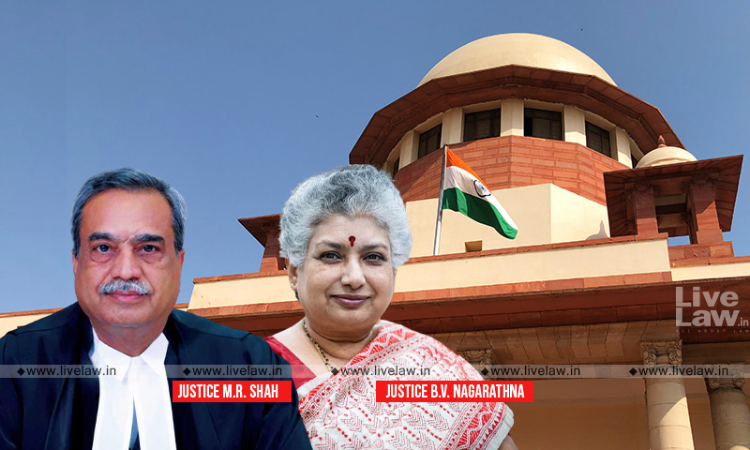High Courts Ought Not To Entertain Writ Petitions Filed Bypassing Statutory Alternative Remedies : Supreme Court
Ashok KM
22 Sept 2022 7:18 PM IST

Next Story
22 Sept 2022 7:18 PM IST
The Supreme Court observed that High Courts should refrain from excercising writ jurisdiction there is an alternate remedy available.When there is an alternate remedy available, judicial prudence demands that the court refrains from exercising its jurisdiction under constitutional provisions, the bench of Justices MR Shah and BV Nagarathna observed.The bench observed thus while allowing an...
